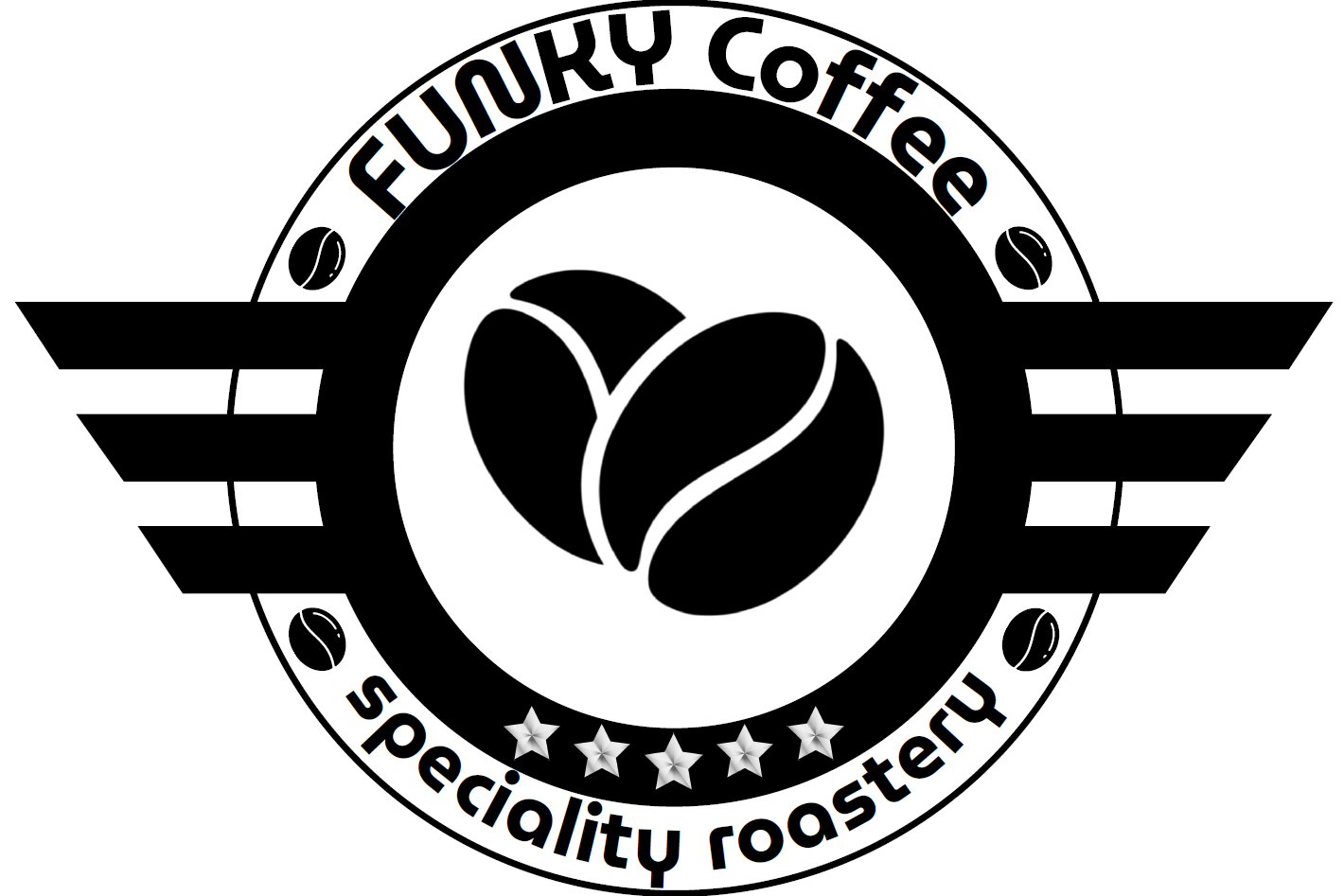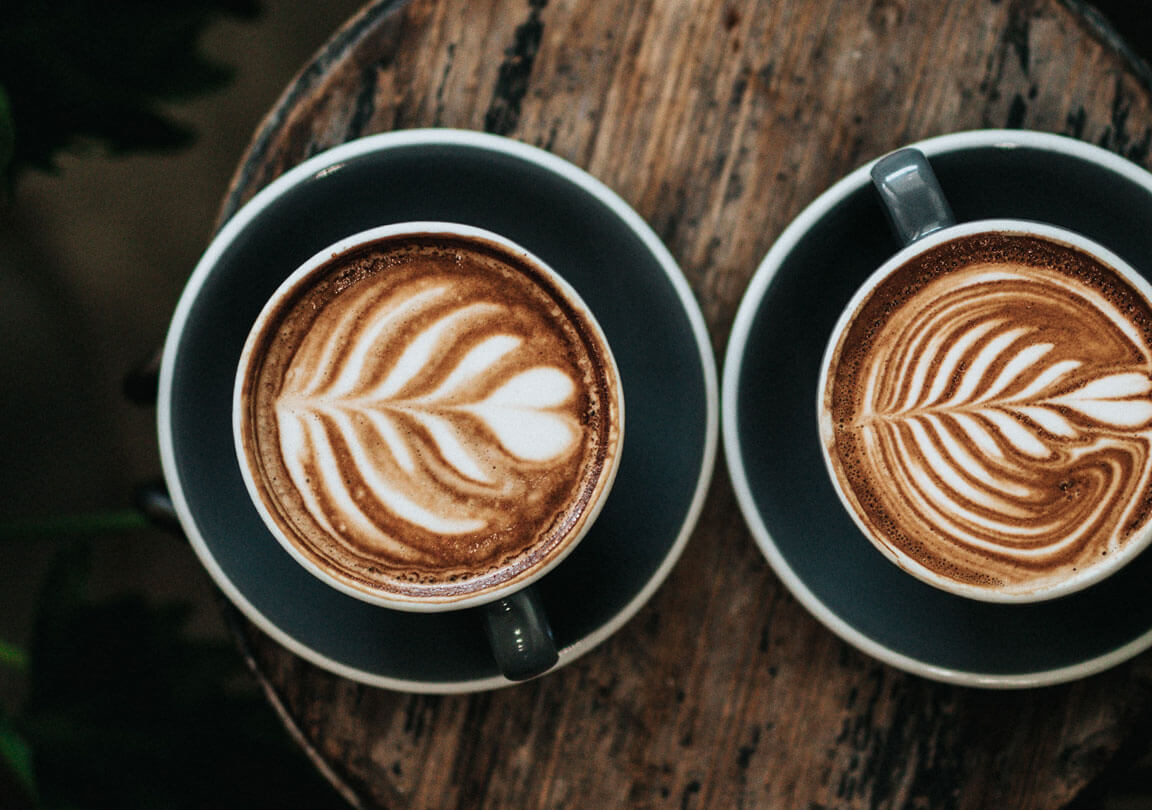Is more expensive coffee always better?
Is more expensive coffee always better?
Is it more expensive coffee Always better? The answer is not simple, as the price of coffee depends on many factors – from growing and harvesting to processing and marketing.
In this article, we will analyze what makes coffee more expensive, whether it is worth investing more money and how to recognize the right quality.
What determines the price of coffee?
To understand the difference between more expensive and cheaper coffee, we need to know what factors affect its price.
1. Origin and variety of coffee
Arabica vs. Robusta – Arabica is more aromatic, complex and difficult to grow, making it more expensive. Robusta is more resistant and cheaper, but often of lower quality.
Exclusive varieties – Coffee like Geishe Panama or Jamaican Blue Mountain they are often more expensive due to their rarity and specific taste.
Microlot of coffee – Smaller producers often offer limited premium coffee batches that can come at a high price due to their unique aromas.
2. Mode farming and harvesting
Manual dam vs. machine dam – Manual harvesting allows only perfect grains to be selected, while mechanical harvesting may also include unripe or damaged grains.
Organic and fair-trade coffee – Eco-certified coffees are often more expensive as they come from sustainable farming and support fair working conditions.
3. Grain treatment
Wet vs. dry processing – The “Washed” method emphasizes the freshness and acidity of the coffee, while the “natural” method gives sweeter and fruity notes. Processing processes affect the final price.
4. Roasting and packaging
Artisan frying – Small roasters often roast coffee in smaller quantities to ensure maximum freshness and develop the best flavours.
Industrial processes – Large factories often use mass production with lower costs but also potentially lower quality.
5. Brand and marketing
Luxury brands – Some brands raise prices for recognition and exclusivity, without necessarily higher quality.
Packaging and distribution – Eco-friendly packaging, long transport and special distribution can also increase the price of the product.
Is more expensive coffee really better?
To answer this question, we will consider the advantages and disadvantages of more expensive and cheaper coffee.
The Benefits of More Expensive Coffee
✅ Higher quality grains and better selection.
✅ More complex taste and richer aromas.
✅ Better growing conditions and more ethical production.
✅ Fresher frying and optimal packaging.
Disadvantages of more expensive coffee
⁇ Price is not always justified – sometimes you pay for the brand, not the quality.
⁇ Special varieties can be too complex for daily consumption.
⁇ Sometimes special methods of preparation are required for maximum enjoyment.
How to recognize quality coffee regardless of the price?
You don't always have to buy the most expensive coffee to enjoy the premium taste. Here are some tips on how to recognize quality:
⁇ Study the origin – Coffee with a clear indication of origin and method of processing is usually of higher quality.
⁇ Look at the date of frying – Freshness is key, always choose roasted coffee within the last few weeks.
⁇ Try more types – Experiment with different regions and preparation methods to find what works best for you.
⁇ Shop from specialized roasters – Smaller producers often offer better quality than mass brands.
Conclusion – Do you need to buy more expensive coffee?
If you enjoy premium aromas and want to support sustainable production, more expensive coffee can be a great choice. But a high price is not always a guarantee of better quality – sometimes you can find exceptional coffee at a reasonable price, you just need to know what to look for.
Instead of focusing on the price, focus on origin, processing and freshness of coffee. So you will surely enjoy the best taste no matter how much you pay.

